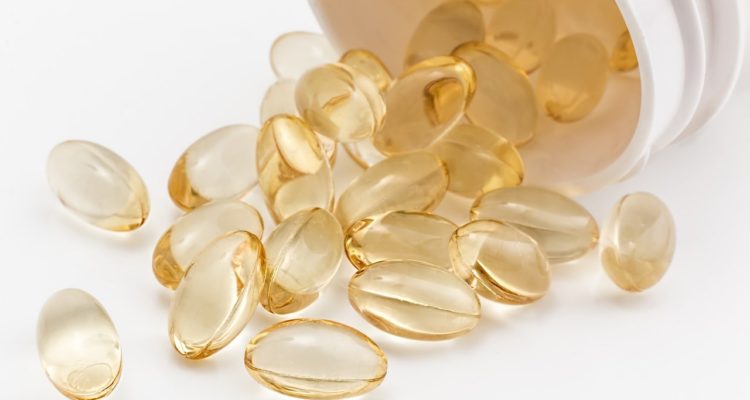
Fact: It’s popular. Over 3 in 4 adults and 1 in 3 children take them.
Fact: It is big business. In the United States it is estimated $40 billion on an annual basis. Without adequate oversight this is a nice breeding ground for corrupt practices.
Fact: It is not highly regulated. The Dietary Supplement Health and Education Act of 1992 gave only anemic oversight powers to the FDA. Vitamins and supplements DO NOT need FDA approval. The key to the industries rapid success is getting supplements defined as a “subset of food” and not as a prescription or over-the-counter drug. In this manner, supplements are not subject to a pre-market review and are permitted to make certain dubious health claims with the following disclaimer: “This statement has not been evaluated by the Food and Drug Administration. This product is not intended to diagnose, treat, cure, or prevent any disease.”
Fact: They often do not contain the ingredients as labelled. More than 50% of vitamins and 75% of weight loss/performance aids have been found to be mislabeled when tested. [i]
Fact: They can be dangerous. Supplements send over 23,000 people to the emergency room every year seeking medical care. [ii]
Fact: There is some positive news. The FDA does promulgate certain good manufacturing guidelines which require supplement makers to self-report adverse events. And recently they have beefed up on the enforcement and taken a more critical review of certain health claims. [iii]
Fact: It’s not all bad news. Some scientific studies have shown a few do work for some people such as glucosamine sulfate for arthritis.
Fact: Unless you have a known vitamin deficiency, taking a vitamin supplement is essentially a waste of money at best and at worst leads to an unhealthy diet under the presumption you have an “insurance policy” in a sugary vitamin fortified gummy.
What to Do?
Below are some prudent steps when using supplements:
- Make sure you have a good reason to take it. What is the benefit for you?
- Try another way first. Perhaps change your diet or try an over-the-counter medicine.
- Define the outcome you expect (i.e. treating a known deficiency or relieving a symptom).
- Determine before starting how you are going to establish if it is helping (i.e. recheck the deficiency or find the symptom has improved).
- Do some research on whether it has shown to be effective and to make sure it is not a known health risk. Listed are some sites you may want to consider for your research:
- The National Institute of Health has a supplement page. Click on fact sheets and find out about the supplement.
- FDA has information about potential supplement health risk. Click on medication health fraud to be sure the supplement your considering is not listed at their website.
- Become a member of consumerlab.com for a small monthly fee. They are an outside lab that test supplements for accurate labeling and they have some information on effectiveness as well.
- If possible, buy a product that has been certified by an outside lab like “USP” (U.S. Pharmacopeial) or “CL” (Consumer Labs). It will be marked on the bottle and will help verify the supplement is accurately labeled. Note: The labs do not test for safety or effectiveness just accuracy of content.
- After starting a supplement monitor for the desired result. Generally, I recommend taking supplements to treat a deficiency for 3 months before retesting the lab. For a symptom, I recommended a 2 weeks on followed by a 2 weeks off cycle and repeating twice (12 weeks total) and see if the symptom is significantly better when using the product and to assure there are not untoward side effects.
In conclusion, there are reputable supplement manufacturers and supplements can have a positive impact on your health, but let’s use them wisely with at least a little skepticism of the advertised testimonials and claims.
References:
- [i] https://www.healio.com/hepatology/liver-injury-regeneration/news/online/%7Be577a153-3ef1-43f0-89de-69baa3a65697%7D/most-dietary-supplements-mislabeled-may-cause-liver-injury
- [ii] https://www.nejm.org/doi/full/10.1056/NEJMsa1504267
- [iii] www.fda.gov/NewsEvents/Newsroom/PressAnnouncements/ucm631065.htm



